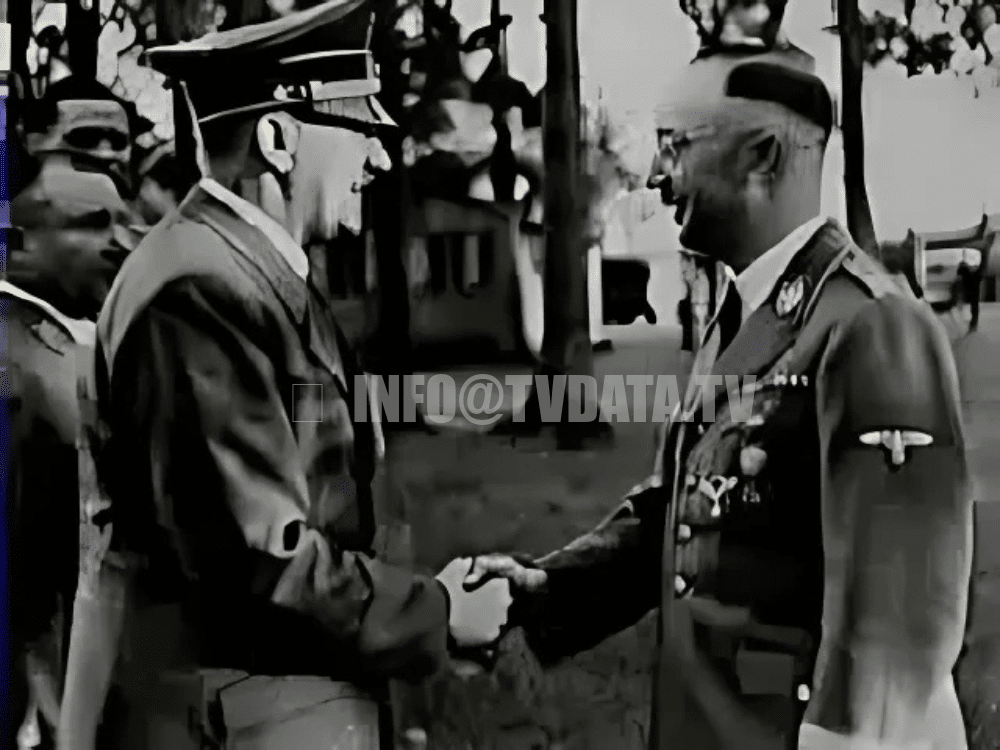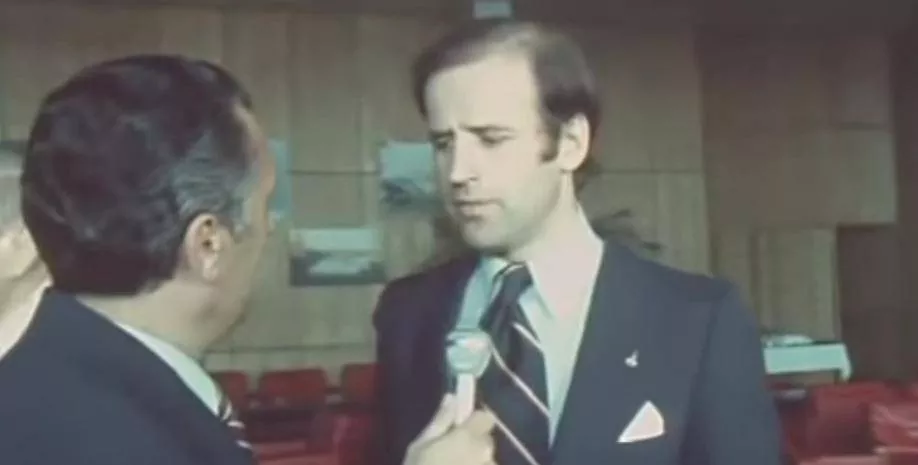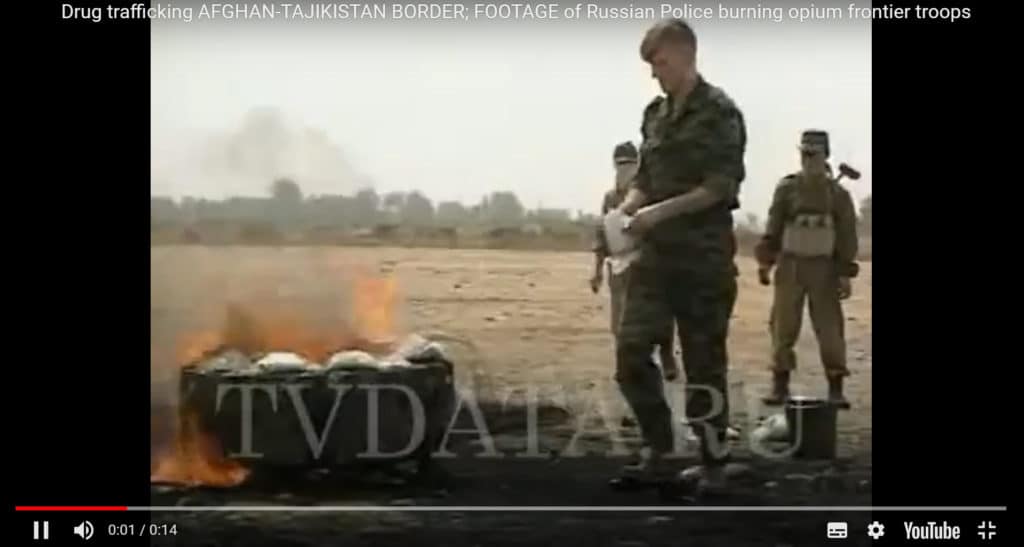Anatoly Chubais is another important figure in the post-Soviet economic transition of Russia. He served alongside Yegor Gaidar and later succeeded him as the architect of Russian economic reforms. Chubais held several high-level positions in the Russian government during the 1990s, including Minister of Finance and First Deputy Prime Minister.

Chubais is best known for his role in managing the privatization process in Russia. This policy, known as “voucher privatization,” aimed to transform state-owned enterprises into privately-owned companies. Every Russian citizen was issued a voucher to purchase shares in the companies that were being privatized.
This process, overseen by Chubais, was intended to create a broad base of property owners and was a major step in the transition from a state-controlled economy to a market economy. However, it also led to a concentration of wealth in a few hands, creating the class of super-wealthy businessmen known as “oligarchs.”
While the privatization process remains controversial, Chubais’s role was crucial in dismantling the old Soviet economic system and laying the groundwork for the modern Russian economy. Despite criticism and challenges, Chubais remained a central figure in Russian economic policy for much of the 1990s and 2000s.
His impact on the Russian economy, like Gaidar’s, is significant and continues to be felt today. His initiatives radically transformed the economic landscape of Russia, helping to shape its present-day market dynamics.
In the narrative of Russia’s transition from a centralized economy to a market-driven one, Anatoly Chubais holds a pivotal role. Tasked with the complex process of “voucher privatization,” Chubais aimed to decentralize state-owned enterprises and foster a new wave of private ownership.
However, this period of rapid change saw the emergence of a new class of extraordinarily wealthy individuals, now known as the Russian “oligarchs”. This group leveraged the era’s economic tumult to amass significant wealth and influence. Notable figures from this era include:
- Boris Berezovsky: An influential figure during Yeltsin’s presidency, he had major stakes in media and oil companies.
- Mikhail Khodorkovsky: Once Russia’s richest man, he headed the oil giant Yukos before his arrest and imprisonment.
- Vladimir Potanin: As of my knowledge cut-off in September 2021, he remains influential, with significant holdings in mining and other industries.
- Roman Abramovich: Known globally as the owner of Chelsea FC, he amassed his wealth in oil and other industries.
While the rapid rise of the oligarchs is often criticized for contributing to economic inequality, it’s an integral part of the story of Russia’s economic transformation. Chubais’s policies, though controversial, catalyzed the shift from a state-controlled economy to a market economy, paving the way for today’s entrepreneurial class in Russia.
Explore more about this fascinating and complex era in our new documentary [here](documentary link).
#AnatolyChubais #Privatization #RussianOligarchs #Berezovsky #Khodorkovsky #Potanin #Abramovich #RussianEconomy
Explore Russia’s history with TVData’s exclusive, rare footage. See the transition from Soviet Union to modern Russia, through the eyes of economic architects like Yegor Gaidar and Anatoly Chubais.
Witness the rise of the oligarchs, a dramatic period in Russia’s economic transformation. From Berezovsky to Abramovich, get access to high-quality, authentic footage encapsulating their ascension.
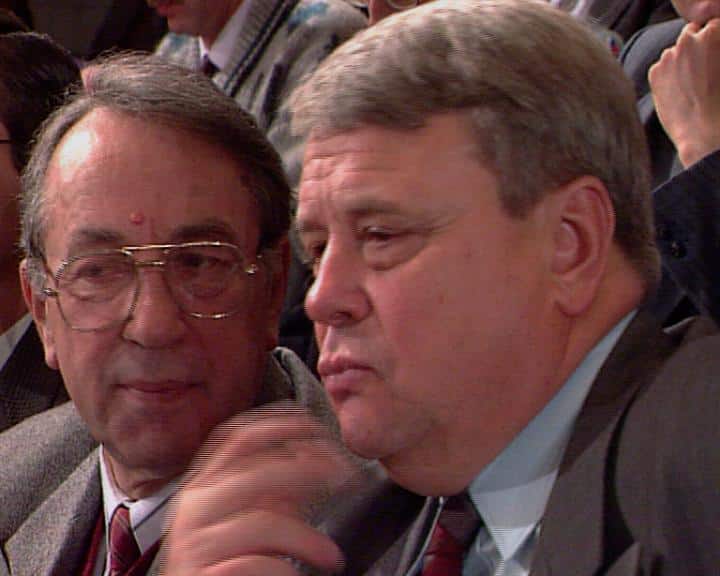
Looking to co-produce a documentary? We’re open for collaborations. Our extensive archive is ready for your next big project.
Experience history as it unfolded. Discover TVData’s unique footage
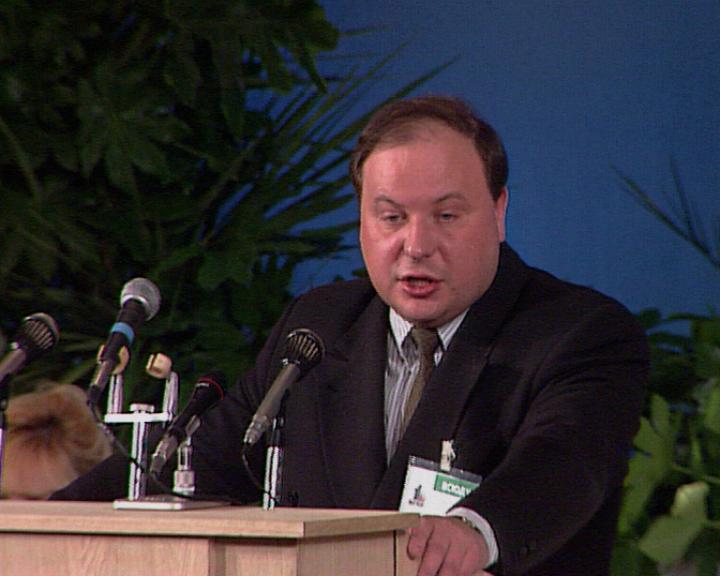
#TVData #HistoricalFootage #RussianHistory #Gaidar #Chubais #RussianOligarchs #DocumentaryFootage
